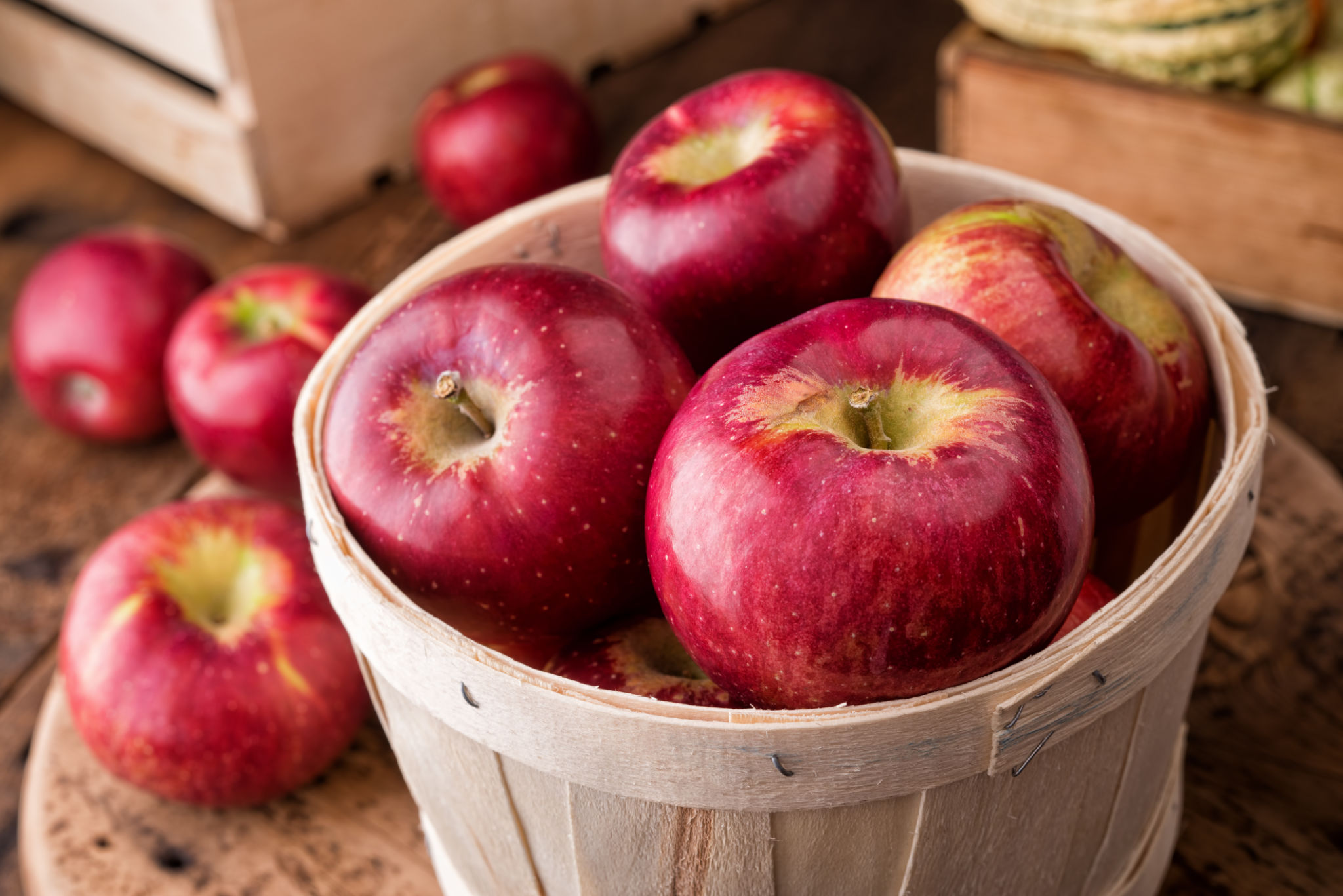Seasonal Nutrition Coaching Tips for Maryland Residents
Embrace Seasonal Eating
As the seasons change, so do the foods that are naturally available in Maryland. Embracing seasonal eating not only supports local farmers but also ensures that you're consuming the freshest produce available. Seasonal foods are often more nutrient-dense and flavorful, making them a fantastic choice for a healthy diet. From crisp fall apples to vibrant summer tomatoes, each season offers unique benefits.

Incorporating seasonal produce into your diet allows you to enjoy a variety of flavors and nutrients throughout the year. This approach not only enhances your meals but also helps in maintaining a balanced diet. By focusing on what's in season, you can explore new recipes and cooking methods that celebrate the natural bounty of each time of year.
Benefits of Local Produce
Choosing locally grown produce has numerous advantages. First and foremost, it supports local farmers and helps to stimulate the economy in Maryland. Additionally, because local produce doesn’t have to travel long distances, it often retains more nutrients and is fresher than imported alternatives.
By purchasing from local markets, you can ensure that your food is free from excessive preservatives and chemicals often used in long-distance shipping. This commitment to local produce is not only beneficial for your health but also for the environment, reducing the carbon footprint associated with transporting goods.
Fall Nutrition Tips
As autumn arrives in Maryland, it brings with it a variety of nutrient-rich foods. Pumpkins, sweet potatoes, and squash are just a few examples of the delicious options available. These foods are packed with vitamins A and C, fiber, and antioxidants that support overall health.

To maximize these benefits, consider roasting or steaming these vegetables to preserve their nutrients. Incorporating them into soups, stews, or side dishes can add warmth and depth to your meals as the weather cools down. Additionally, don't forget to enjoy Maryland's famous apples, which provide a sweet, nutritious snack or dessert option.
Winter Wellness
During the colder months, hearty greens like kale and Brussels sprouts become more prominent in Maryland. These vegetables are excellent sources of vitamin K, vitamin C, and fiber. Including them in your diet can help boost your immune system during flu season.
Experiment with different cooking methods such as sautéing or roasting to bring out their natural flavors. Pair these greens with lean proteins for a balanced meal that keeps you energized and satisfied throughout the day.

Spring into Freshness
Spring is a time of renewal, and it's the perfect opportunity to refresh your diet with lighter, fresher options. Asparagus, strawberries, and spinach are just a few of the seasonal delights available in Maryland during this time.
These foods are rich in folate, vitamin C, and antioxidants, promoting healthy skin and improved digestion. Incorporate them into salads or enjoy them raw for a burst of flavor and nutrition. Spring is also an excellent time to visit local farmers' markets to discover new ingredients and support community growers.
Summer Vibrancy
Summer brings an abundance of colorful fruits and vegetables such as tomatoes, corn, zucchini, and blueberries. These seasonal favorites are not only delicious but also packed with essential vitamins and minerals.

Grilling vegetables or enjoying fresh fruit salads are fantastic ways to make the most of summer's bounty. These foods help keep you hydrated and provide the necessary energy to enjoy outdoor activities under the warm Maryland sun.
Conclusion: Stay Nourished Year-Round
By focusing on seasonal nutrition coaching tips specific to Maryland's unique climate and agriculture, you can maintain a healthy diet throughout the year. Embrace the changes each season brings and take advantage of the fresh, locally sourced produce available to you. Remember that eating seasonally not only benefits your health but also supports local communities and sustainable farming practices.